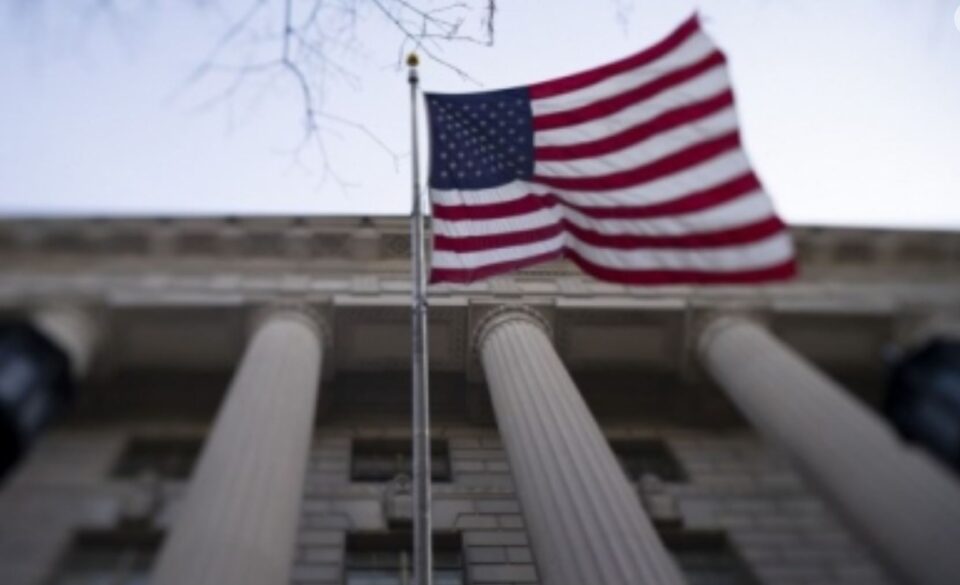NRI PULSE STAFF REPORT
Washington, D.C., October 18, 2025: The U.S. Chamber of Commerce has filed a federal lawsuit challenging the Trump administration’s newly imposed $100,000 fee on H-1B visa petitions, calling the unprecedented charge unlawful and warning that it could shut American employers out of the skilled global workforce they rely on.
The lawsuit, filed Thursday in the U.S. District Court for the District of Columbia, argues that President Donald Trump overstepped his authority when he signed a proclamation on September 19 imposing the steep new fee on companies seeking to hire foreign professionals under the H-1B program. The rule, which took effect on September 21, applies to new visa petitions and is in addition to existing filing and processing fees, but does not affect current H-1B holders or renewal applications.
“The $100,000 charge is not only unlawful but also threatens America’s ability to compete for global talent,” the Chamber said in a statement. “It will price out startups, smaller firms, and even established companies that depend on highly skilled workers to innovate and grow.”
The H-1B visa program, created by Congress under the Immigration and Nationality Act (INA), allows U.S. employers to hire foreign workers in specialty occupations such as engineering, technology, medicine, and research. Companies have historically paid several thousand dollars in application and processing fees — far below the new $100,000 levy. The Chamber’s lawsuit contends that the new fee undermines Congress’s statutory framework for the program and violates legal requirements that visa-related fees be reasonably tied to administrative costs.
The Trump administration defends the move as part of its broader effort to prioritize American workers and reduce dependence on foreign labor. “We want companies to train and hire Americans first,” Commerce Secretary Howard Lutnick said, adding that the steep fee is meant to push employers to “stop outsourcing and stop bringing in people to take our jobs.”
Critics, however, warn of sweeping consequences if the rule remains in place. Technology and engineering firms — the primary users of H-1B visas — say the measure could force them to shift operations overseas or scale back innovation projects. Some companies have already announced plans to reduce or halt sponsorships for foreign workers in response to the new costs.
The lawsuit seeks to block enforcement of the fee and asks the court to declare it invalid. Legal experts say the case could hinge on whether the president has the authority under existing immigration law to impose such a significant fee through executive action.
The outcome is likely to have far-reaching implications for U.S. employers, foreign workers, and the country’s position in the global technology race. As the legal battle unfolds, immigration attorneys are advising companies to delay new H-1B filings if possible until the courts provide more clarity.
The H-1B program currently admits about 85,000 new workers each year, many of them from India and other countries with large pools of highly skilled talent. With the Chamber’s challenge now before the courts, the future of the program — and America’s approach to high-skilled immigration — could be decided in the months ahead.



